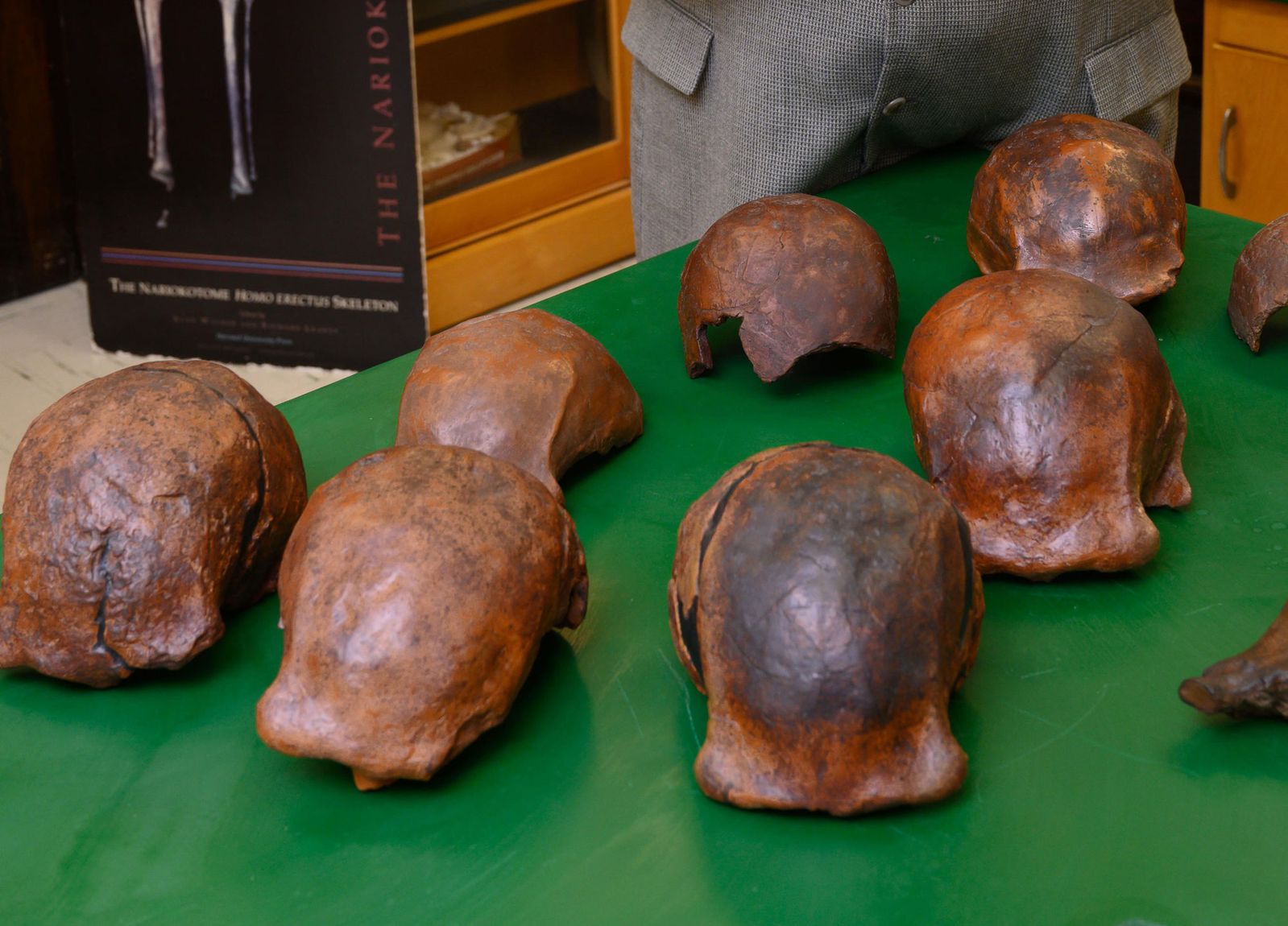You are using an out of date browser. It may not display this or other websites correctly.
You should upgrade or use an alternative browser.
You should upgrade or use an alternative browser.
Humans and Neanderthals only had sex for a brief period, but it still fundamentally changed our DNA
- Thread starter Doobie Doo
- Start date
More options
Who Replied?LeaveMyHairLineAlone
Superstar
Neanderthals were the OG passport bros
General Mills
More often than not I tend to take that L.
Toe Jay Simpson
Searchin’
Something done took a caveman behind some bushes and got his due. Nasty as hell.
I hope you're playingI don't know what a god did or didn't do...
But I know I ain't believing nothing cracca science says happened
So we are part nephlim? Or at least everyone but certain sub Saharan Africans?Fallen Angels breh. left their first estate because the daughters were so beautiful to them, "took them as wives" and corrupted the seed of man.
thus the nephilim was born. Most were washed away during the flood because their descendants were too evil and powerful destroying the earth.
Read your Bible breh it's all there
Imagine wenching in prehistoric times with Neanderthals cause you wanted a 'Cro-Magnon' babybut soon as Fred Flinstone dips on you and the hybrid, you back on that pro-Homo sapien shyt, carving fertility goddess statues talking about "I love my HUMAN Kings"


/threadYou mean WHITE folks
As in the days of Noah, so shall it be...I hope you're playing
So we are part nephlim? Or at least everyone but certain sub Saharan Africans?
It's why the most high sent his son.
The wheat and the tares parable breh, it's real

Amo Husserl
Superstar
One of the greatest trick bags was to peddle the one-drop rule.
GoPinheiro
Pro
This will inevitably devolve into a racially ignorant thread but Earth had many proto human species. The didn’t all go extinct as much as we all procreated with each other among other things. The modern human is the amalgamation of these eons of sex and reproduction.
Its still fukk cacs though
The thing is, time it happened and the rates of admixture. And as far as these aspects, Cacs are way more archaic than black people.
For instance, one common Cac lie is that black people mixed with Homo erectus, however erectus died in Indonesia, without mixing with modern-humans that came out of Africa. Plus, the African erectus died in Africa around 500,000 years ago. So the probability of Africans mixing with Homo Erectus is zero to none. However, Neanderthals only died around 40,000 years ago, after mixing and being replaced by Homo Sapiens that arrived in Eurasia from Africa.



Fossils From Some of the Last Homo Erectus Hint at the End of the Long-Lived Species
Homo erectus, one of the first species of the Homo genus, survived for longer than any other close human ancestor
And you see that when you properly examine them. Many black people only focus on them having small lips(archaic trait called Microchelia) but there are way more traits. Things like aging, wrinkles, inability to properly absorb sunlight, micrognathia(very small chins), hairiness, baldness, strong brow ridges, their limb proportions...
And when you think about it, black people having prognathism actually helped us develop better jaws and chins.
PS: Saw these on twitter a few months ago, posted by some black nationalists and I couldn't stop laughing. Cacs were only replying "Black people can have it too"
 ...Lmao, suddenly prevalence, rates, incidence or whatever didn't matter to them anymore...
...Lmao, suddenly prevalence, rates, incidence or whatever didn't matter to them anymore...

"Neanderthal gene variants are also associated with a greater risk of sunburn in modern humans. Likewise, around 66% of Europeans carry a Neanderthal allele linked to a heightened risk of childhood sunburn and poor tanning ability."

'More Neanderthal than human': How your health may depend on DNA from our long-lost ancestors
Neanderthals and humans mated millennia ago, and their legacy lives on in us today. Here's how.
Last edited:
wasn't no "Africa" it was the land of KushNo, Africans. "Whites", as we know them today, weren't around when that happened. The white folk of today are descendants of those Africans that mated with Neanderthals.
 or Alkebulan if you prefer
or Alkebulan if you prefer 
OperationNumbNutts
Superstar
Humans smashing neanderthals?  I guess feminism is right. Men aren't shyt.
I guess feminism is right. Men aren't shyt.
 I guess feminism is right. Men aren't shyt.
I guess feminism is right. Men aren't shyt.Dzali OG
Dz Ali OG...Pay me like you owe me!
You ain't done no damn dna test. You're a flaming pseudo who believe you're a indian right?Personally, I DID my ancestry test. Results came back
Not a European reading in sight.



